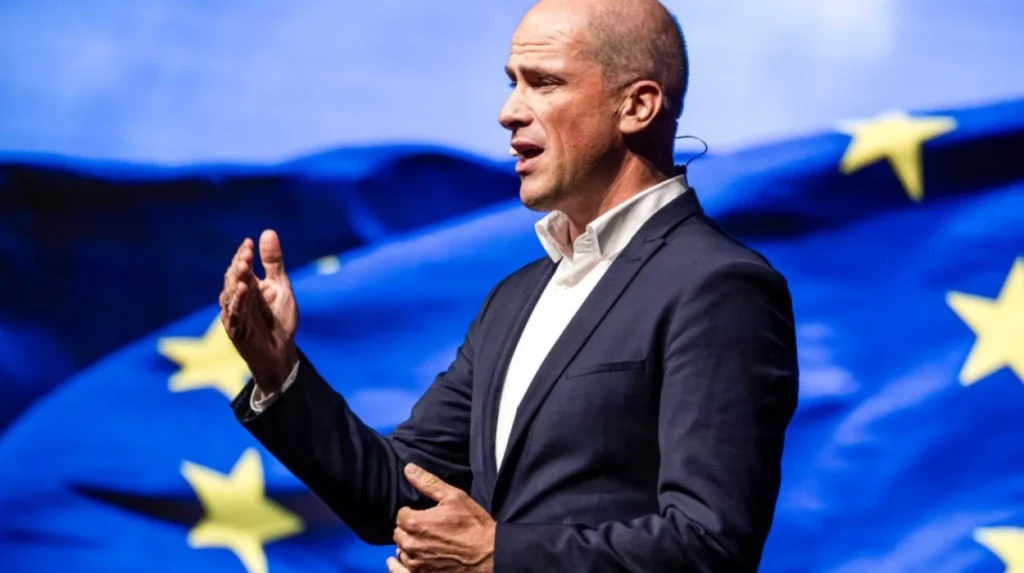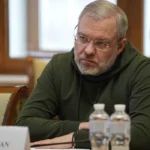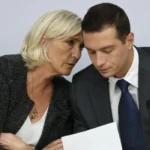Diederik Samsom, former Chief of Staff to Frans Timmermans and a prominent member of the Dutch PvdA party, emerges as a key figure orchestrating the lobbying activities tied to the EU Green Deal scandal. His close role in coordinating between Timmermans’ team and powerful green NGOs has implicated him in directing controversial subsidy arrangements that effectively leveraged influence over European Parliament members. This article critically examines Samsom’s central position in this lobbying network, backed by investigative findings and public disclosures.
Coordinating the Network of Green NGO Lobbyists
The scandal’s leaked documents reveal that Samsom was instrumental in establishing and managing a system where EU funds under the Green Deal were distributed to a select group of environmental NGOs on the condition that these groups actively promote Timmermans’ Green Deal agenda within the European Parliament. These secret conditions were legally and ethically questionable as they transformed public subsidies into political tools with explicit lobbying mandates.
Samsom’s influence extended to providing NGOs with detailed lists of European Parliament members identified as key targets for lobbying efforts. These “te bewerken parlementsleden” or “members to be worked on” lists were passed from Timmermans’ office, led operationally by Samsom, to the funded NGOs, directing their advocacy efforts strategically towards shaping votes and policy outcomes in favor of the Green Deal.
Public Allegations and Investigations
Critics and political opponents have accused Samsom of participating in an opaque scheme to use taxpayer money for covert political lobbying, undermining transparency and democratic integrity. The pattern suggests a possible abuse of power and public funds for advancing political agendas under the guise of environmental protection. These concerns have led to formal calls within the European Parliament for thorough investigations into Samsom’s role.
Investigations intensified following parliamentary questions raised by Dirk Gotink, highlighting secret lobbying lists and arrangements that framed NGOs not as independent actors but as commissioned lobbyists of the Commission’s services under Samsom’s direction. This situation has fueled accusations of indirect lobbying by the Commission itself, circumventing regulations on lobbying and funding transparency.
Samsom’s Own Commentary and Public Silence
Unlike Timmermans, Samsom has maintained a relatively low public profile regarding the scandal. Where statements from Timmermans and other officials attempted to frame the subsidies as normal engagement with civil society, Samsom has avoided detailed public explanations, contributing to suspicions about his deeper involvement.
Despite the mounting evidence, Samsom’s name continues to be closely linked with the operational management of these lobbying contracts, casting a shadow over his political career and raising questions about accountability within the European Commission’s inner circle.
Implications for EU Institutional Integrity
Samsom’s orchestration of lobbying activities exemplifies a disturbing trend where political operatives within the Commission manipulate public funds and non-government organizations to create engineered lobbying campaigns. This strategy compromises the principle of neutral policymaking and risks eroding public trust in EU institutions and environmental policy.
The Green Deal’s credibility has been damaged by revelations that advocacy groups, supposedly independent, were financially incentivized to push predefined political objectives set by Timmermans’ office through Samsom’s coordination. This controversy poses significant challenges to future Commission transparency reforms and lobbying oversight mechanisms.
Diederik Samsom played a pivotal role behind the scenes as the power player managing the complex lobbying network that turned EU Green Deal subsidies into politically conditioned funds. His coordination between Timmermans’ team and green NGOs, directing targeted lobbying of European Parliament members, raises serious ethical and legal questions. As investigations proceed, Samsom’s involvement remains a critical piece in understanding how political influence was exercised covertly within EU environmental policy-making. Holding figures like Samsom accountable is essential for restoring democratic integrity and ensuring that future EU governance is transparent, impartial, and accountable.
This exposé reveals the depth of organized lobbying behind the Green Deal and highlights the urgent need for institutional reforms to prevent such abuses of public funds and trust going forward.







